Description
Understanding Sodium Dichloroisocyanurate: Properties, Uses, and Safety
Introduction
Sodium dichloroisocyanurate (NaDCC) is a chemical compound that has gained prominence in various industries due to its effective disinfecting properties. Commonly used as a chlorine release compound, NaDCC serves as a source of available chlorine and is utilized in water treatment, sanitation, and even in some industrial applications. This article dives into the properties, uses, safety measures, and environmental impact of sodium dichloroisocyanurate.
Chemical Properties
Sodium dichloroisocyanurate is a white powder consisting of sodium, chlorine, carbon, nitrogen, and oxygen. The chemical formula for NaDCC is NaC3Cl2N3O3, and it is characterized by the presence of chlorine in its structure, which releases when dissolved in water. The compound is stable, highly soluble, and possesses a relatively low toxicity compared to other chlorinated compounds, making it suitable for various applications.
Uses of Sodium Dichloroisocyanurate
1. Water Treatment
One of the primary applications of sodium dichloroisocyanurate is in the treatment of drinking water and swimming pools. It is effective in killing bacteria, viruses, and other pathogens due to its ability to release chlorine when dissolved in water. The compound is particularly favored in swimming pools because it does not form harmful disinfection by-products, such as trihalomethanes (THMs), that are commonly associated with other chlorine-containing products.
2. Disinfection and Sanitization
NaDCC is widely used in healthcare settings, food processing, and various industries requiring sanitation. It is effective against a wide range of microorganisms, including bacteria, fungi, and viruses. The compound is often found in disinfectant formulations for surfaces, equipment, and personal items, providing a reliable means of ensuring hygiene and preventing the spread of infections.
3. Agriculture and Animal Health
Sodium dichloroisocyanurate is also used in agriculture, particularly in animal husbandry. It acts as a disinfectant for animal housing, equipment, and drinking water sources, helping to mitigate disease outbreaks among livestock. Moreover, it serves as an effective treatment for irrigation water, ensuring that crops are irrigated with pathogen-free water.
4. Emergency Water Treatment
In emergency situations, such as natural disasters or humanitarian crises, NaDCC can be vital for providing safe drinking water. Portable water treatment kits containing sodium dichloroisocyanurate allow individuals and organizations to purify water in resource-limited settings.
Safety and Handling
While sodium dichloroisocyanurate is considered safer than many chlorine-containing compounds, it is essential to handle it with care. Users should wear appropriate personal protective equipment (PPE), including gloves and masks, when working with the chemical to avoid skin and eye irritation. It is also crucial to store NaDCC in a cool, dry place, away from incompatible materials such as strong acids or bases, to prevent unwanted reactions.
Toxicity and Environmental Impact
Sodium dichloroisocyanurate is typically classified as low in toxicity; however, exposure in large amounts can cause irritation to the skin, eyes, and respiratory tract. When using NaDCC, it is vital to adhere to recommended dosages to minimize any potential health risks.
As for environmental concerns, NaDCC is biodegradable, and its chlorine release in water can contribute to disinfection processes while minimizing the formation of harmful by-products. Environmental regulations and guidelines should be followed when using NaDCC in agricultural settings to ensure that water sources and ecosystems are not adversely affected.
Conclusion
Sodium dichloroisocyanurate is a versatile and valuable chemical compound with widespread applications in water treatment, disinfection, and agriculture. Its effective antibacterial properties make it essential in maintaining hygiene and safety in various sectors. By understanding its properties, safe handling practices, and potential environmental impact, users can maximize the benefits of this important compound while ensuring the safety of people and the planet.



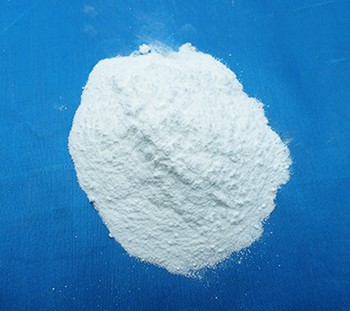
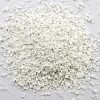
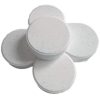
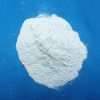
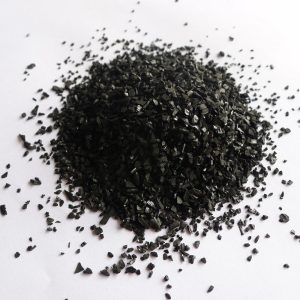
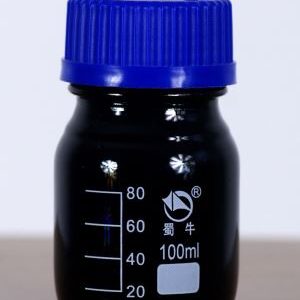
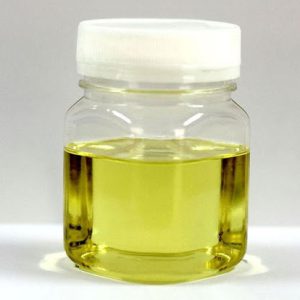
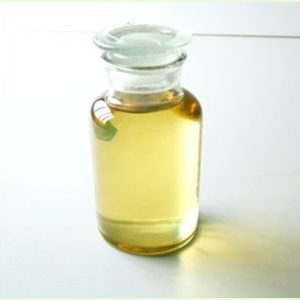

Reviews
There are no reviews yet.